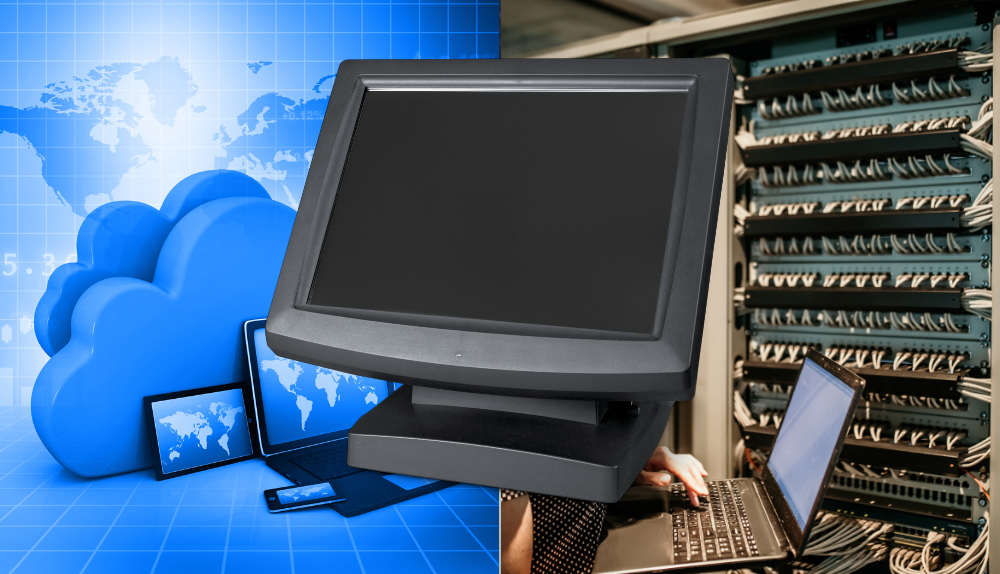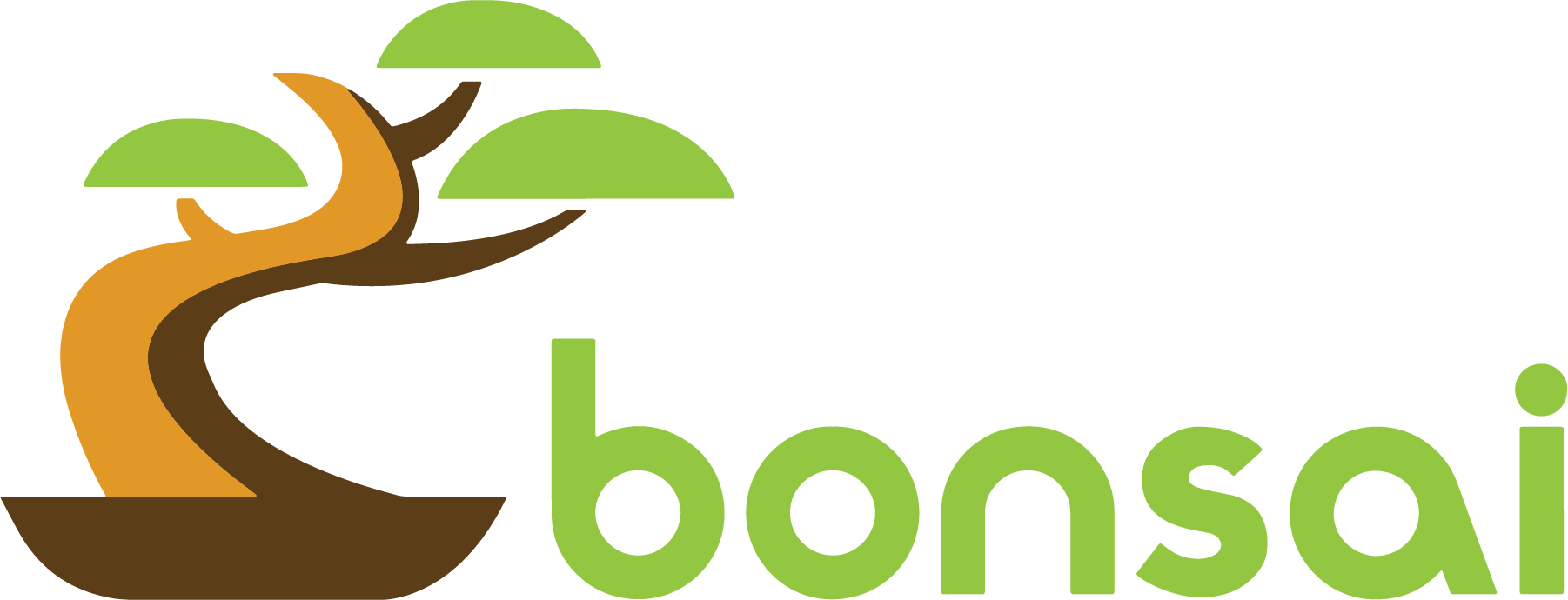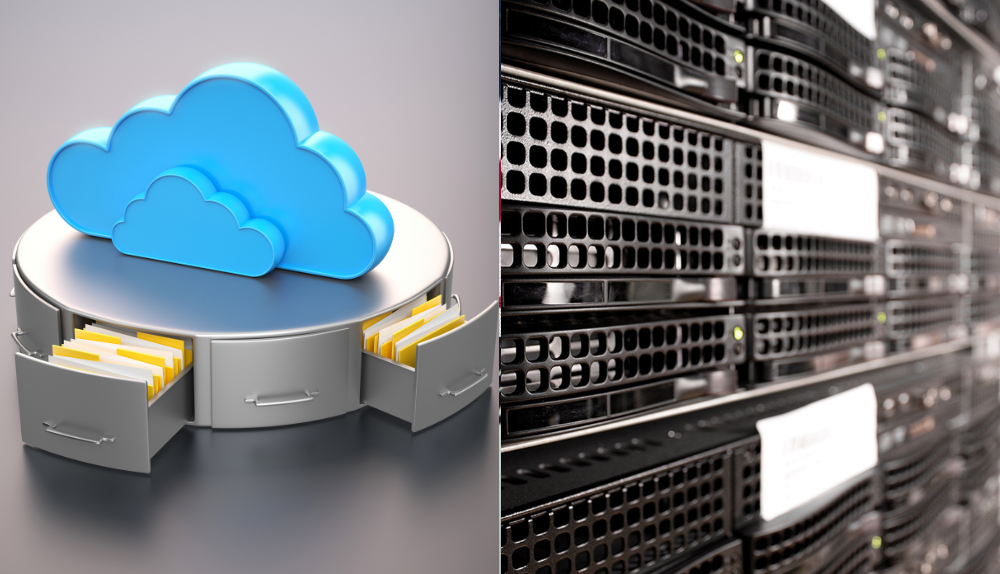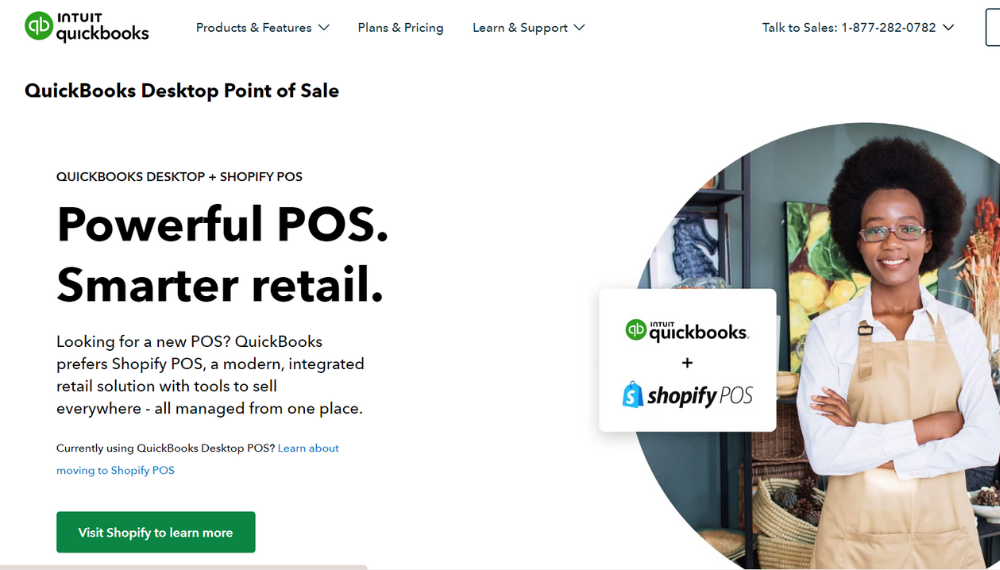When managing a retail or restaurant business, using point of sale (POS) systems becomes a necessity. There are two main types: cloud based vs server based POS systems.
Cloud-hosted POS software is accessed over the internet from any device. The software and data live on servers at a vendor's data center. On-premise POS systems run off hardware installed at the business. The software is stored on the company's computers and servers.
Both options come with pros and cons depending on a business's needs. This article will compare and contrast cloud based vs server based POS systes. We'll discuss factors like up-front costs, ease of setup and use, scalability, security considerations, ability to customize, and level of control offered.
Ultimately, choosing between the two options will depend on a company's specific requirements for things like flexibility, connectivity, and management of software updates. More traditional businesses may prefer an on-premise system for customizability and control, while e-commerce-focused stores may find cloud-hosted POS software's automatic updates and scalability more appealing.

Cloud Based Vs Server Based POS Systems

Cloud-Based POS Systems
Cloud-hosted POS systems are software applications that businesses access over the internet from the cloud. A cloud service provider hosts and manages the software, data storage, and updates. The main advantages of cloud POS systems are:- Low upfront costs. There are no servers or hardware to purchase. Businesses pay a monthly or annual subscription fee to access the software.
- Easy setup and management. Since the software and data are in the cloud, there is little IT setup or maintenance required. Businesses can typically access and manage their POS systems with just an internet connection and login credentials.
- Automatic software updates. Since the cloud service provider manages the applications, all software upgrades and patches are applied automatically in the background. Businesses do not have to manually install updates.
- Scalability. Cloud POS systems can easily scale up to accommodate more locations, users, and features as a business grows. It's simple to add licenses as needs change.
- High availability. Well-designed cloud POS systems include redundancies and backups to ensure uptime, even if an internet connection is temporarily lost.
- Reliance on internet connectivity. Since these systems run in the cloud, businesses need a reliable internet connection to use them. Outages can interrupt operations.
- Potential security concerns. While cloud providers have robust security measures, there is some risk of data breaches since data resides off-premise. Businesses have less control over security.
- Limited customizability. While cloud POS vendors can do some customization, businesses have less flexibility to modify applications to meet exact needs due to their software-as-a-service model.
Server-Based POS Systems
Server-based POS systems refer to retail or restaurant point-of-sale software that is installed locally on a business's own computers and servers. The software does not run in the cloud - it resides on hardware within the business's physical premises. The main advantages of server-based POS systems are:- Customization. Since the software resides on local servers, businesses have more flexibility to customize applications to meet their specific needs and workflows.
- Control. Server-based POS systems give businesses more control over software updates, security settings, and data management since they manage the systems themselves.
- Security. With proper security protocols and IT support, on-premise POS systems can potentially offer higher security since the data does not reside in the cloud.
- Higher upfront costs. Businesses must purchase servers, computers, and licenses for the POS software, resulting in larger initial investments.
- Require IT support and maintenance. Since the software runs locally, businesses need IT staff or consultants to set up, maintain and troubleshoot the systems on an ongoing basis.
- Manual software updates. Any upgrades or patches to the POS software must be applied manually by IT staff. Businesses are responsible for ensuring their systems run the latest versions.





